Simple ways to 'find' money
chelone
16 years ago
Related Stories

DECORATING GUIDESGet the Scoop on Finding the Best Paint for Your Money
Scoring the best deal on paint for your home may have nothing to do with advertised specials
Full Story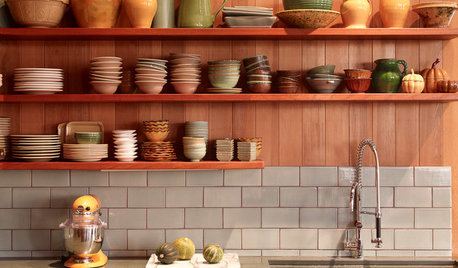
KITCHEN CABINETS9 Ways to Save Money on Kitchen Cabinets
Hold on to more dough without sacrificing style with these cost-saving tips
Full Story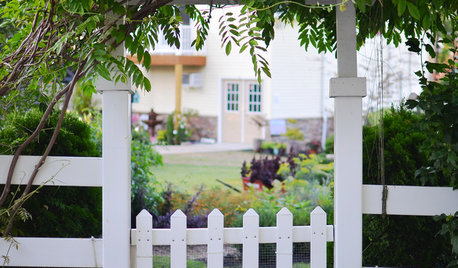
BUDGET DECORATING14 Ways to Make More Money at a Yard Sale — and Have Fun Too
Maximize profits and have a ball selling your old stuff, with these tips to help you plan, advertise and style your yard sale effectively
Full Story
LIFE10 Beautifully Simple Ways to Go Greener in the New Year
You may just find more green in your wallet along the way
Full Story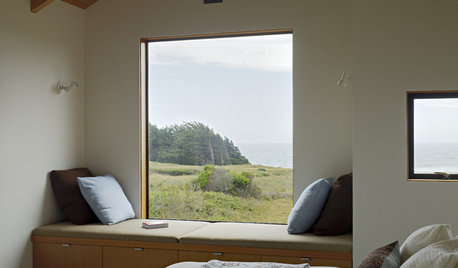
LIFE8 Ways to Find Time and Feel Less Frazzled at Home
Relax and recharge by reclaiming your time with ideas even the busiest people can use
Full Story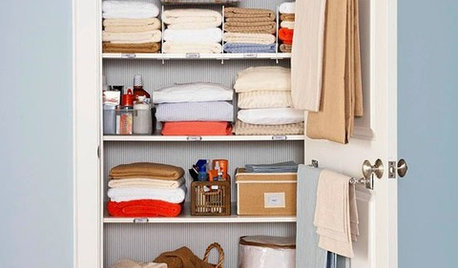
CLOSETSSimple Ways to Get Your Closet Organized Right Now
Streamline your clothing storage with strategies you can implement in a weekend
Full Story
CHRISTMASGift Giving the Simple-ish Way
If buying holiday gifts drives you to the spiked holiday punch, try these easier but still rewarding traditions
Full Story
LIFESimple Pleasures: 25 Ways to Make the Most of a Staycation
Give the daily grind the day off by hiding your work stuff, treating yourself and enjoying the outdoors
Full Story
FEEL-GOOD HOMESimple Pleasures: 15 Ways to Welcome Spring
Embrace the season by lightening up, freshening up and connecting with nature
Full Story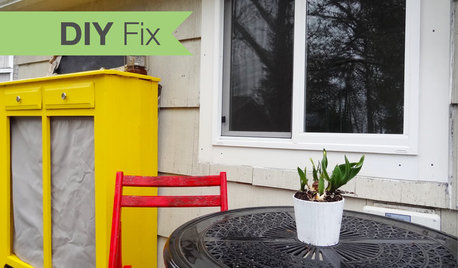
Replace Your Windows and Save Money — a How-to Guide
Reduce drafts to lower heating bills by swapping out old panes for new, in this DIY project for handy homeowners
Full StorySponsored
More Discussions



Adella Bedella
zone_8grandma
Related Discussions
Easy (foodie) ways to save money
Q
OT - creative ways to give money to young adults?
Q
Recently received a simple two-word money-saving instruction
Q
Please critique this floor plan. Also looking for ways to save money.
Q
Chemocurl zn5b/6a Indiana
Adella Bedella
dreamgarden
zone_8grandma
Miss EFF
Chemocurl zn5b/6a Indiana
Miss EFF
tishtoshnm Zone 6/NM
gonativegal
cheloneOriginal Author
DYH
hrajotte
zone_8grandma
joyfulguy
Pipersville_Carol
green-zeus
chisue
grainlady_ks
chisue
cheloneOriginal Author
joyfulguy
jmzms
dgmarie
triciae
chisue
triciae
joyfulguy
cheloneOriginal Author
chisue
cheloneOriginal Author
joyfulguy
cheloneOriginal Author
triciae
joyfulguy
neesie
joyfulguy
jannie